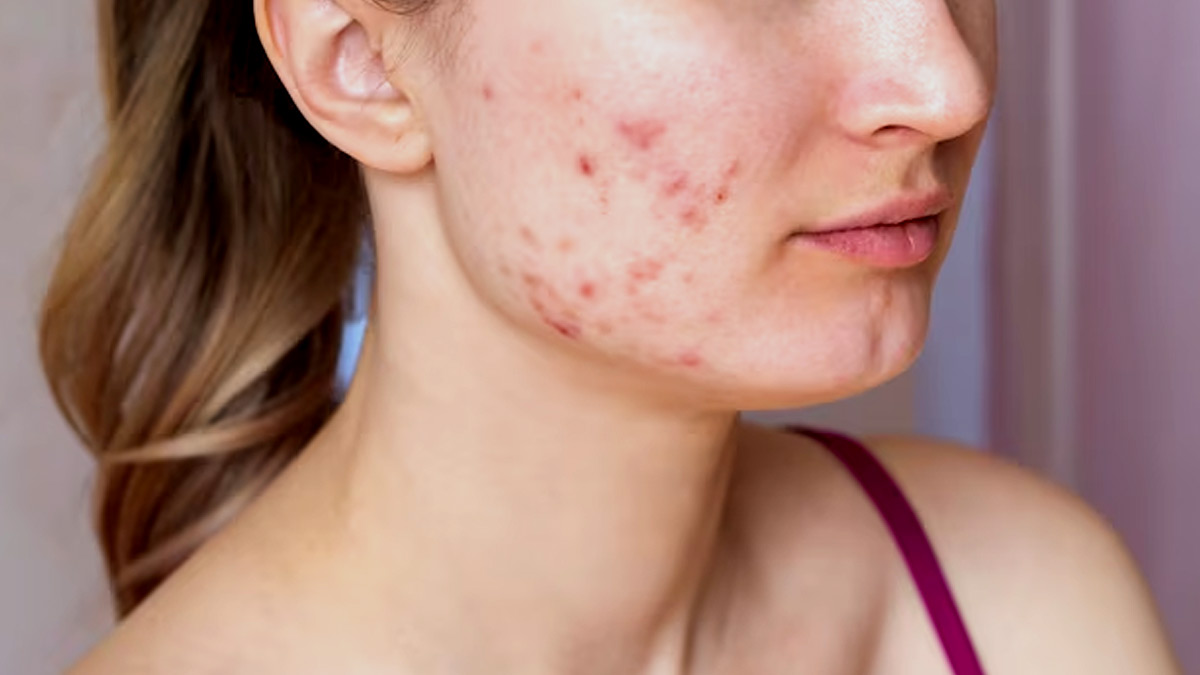
As winter blankets the world in frosty charm, it brings along its own set of challenges for those prone to acne. While many associate breakouts with the heat of summer, the colder months can also wreak havoc on the skin. Understanding the unique acne triggers in the winter season can empower individuals to maintain clearer and healthier skin.
What Triggers Acne in Winter?
1. Dry Skin Dilemma
Winter air is notorious for its low humidity, leading to dry and dehydrated skin. As the skin attempts to compensate for the lack of moisture, it may produce excess oil, potentially clogging pores and triggering acne. To counter this, it's essential to moisturise regularly with a non-comedogenic, hydrating lotion.
2. Hot Showers
While a hot shower can be comforting in winter, prolonged exposure to hot water can strip the skin of its natural oils, disrupting the skin barrier. This can result in increased oil production, leading to acne flare-ups. Opt for lukewarm showers and limit their duration to protect your skin.

Also Read: 7 Lifestyle Changes to Make in Your First Trimester of Pregnancy
3. Winter Wardrobe Woes
The cosy layers we adorn in winter may contribute to acne by trapping heat and sweat against the skin. Friction from scarves, turtlenecks, and hats can exacerbate irritation and lead to acne. Choosing breathable fabrics and washing winter gear regularly can minimise this risk.
4. Indoor Heating Hazards
Artificial heating systems in homes and offices often create a dry environment, sapping moisture from the skin. Dry skin can trigger the production of excess oil as a defence mechanism, setting the stage for acne. Use a humidifier to add moisture to indoor air and keep your skin hydrated.

Also Read: 7 Lifestyle Changes to Make in Your First Trimester of Pregnancy
5. Neglecting Sunscreen
It's a common misconception that sunscreen is only necessary during sunny days. Winter sun combined with snow glare can still expose the skin to harmful UV rays. Applying a broad-spectrum sunscreen, even on cloudy days, shields the skin from potential damage and prevents post-inflammatory hyperpigmentation.
6. Inadequate Hydration
Winter temperatures may reduce the sensation of thirst, leading to decreased water intake. Proper hydration is crucial for maintaining skin health and preventing acne. Ensure you drink an adequate amount of water throughout the day to keep your skin hydrated from the inside out.

Addressing winter-specific acne triggers involves a combination of skincare adjustments and lifestyle choices. By adopting a winter-friendly skincare routine, staying mindful of wardrobe choices, and maintaining good hydration practices, individuals can help keep acne at bay and enjoy the beauty of the winter season with confidence.







